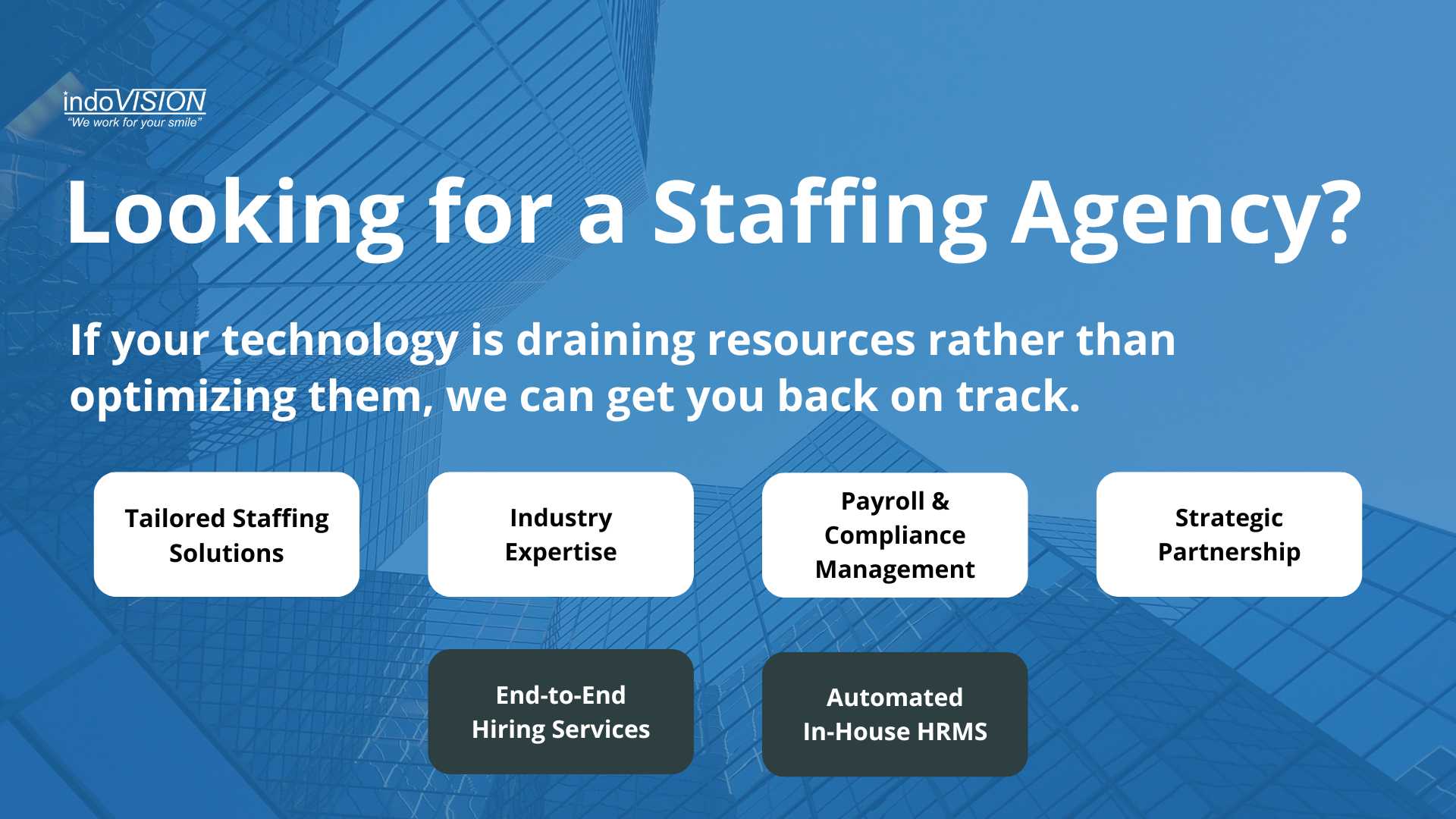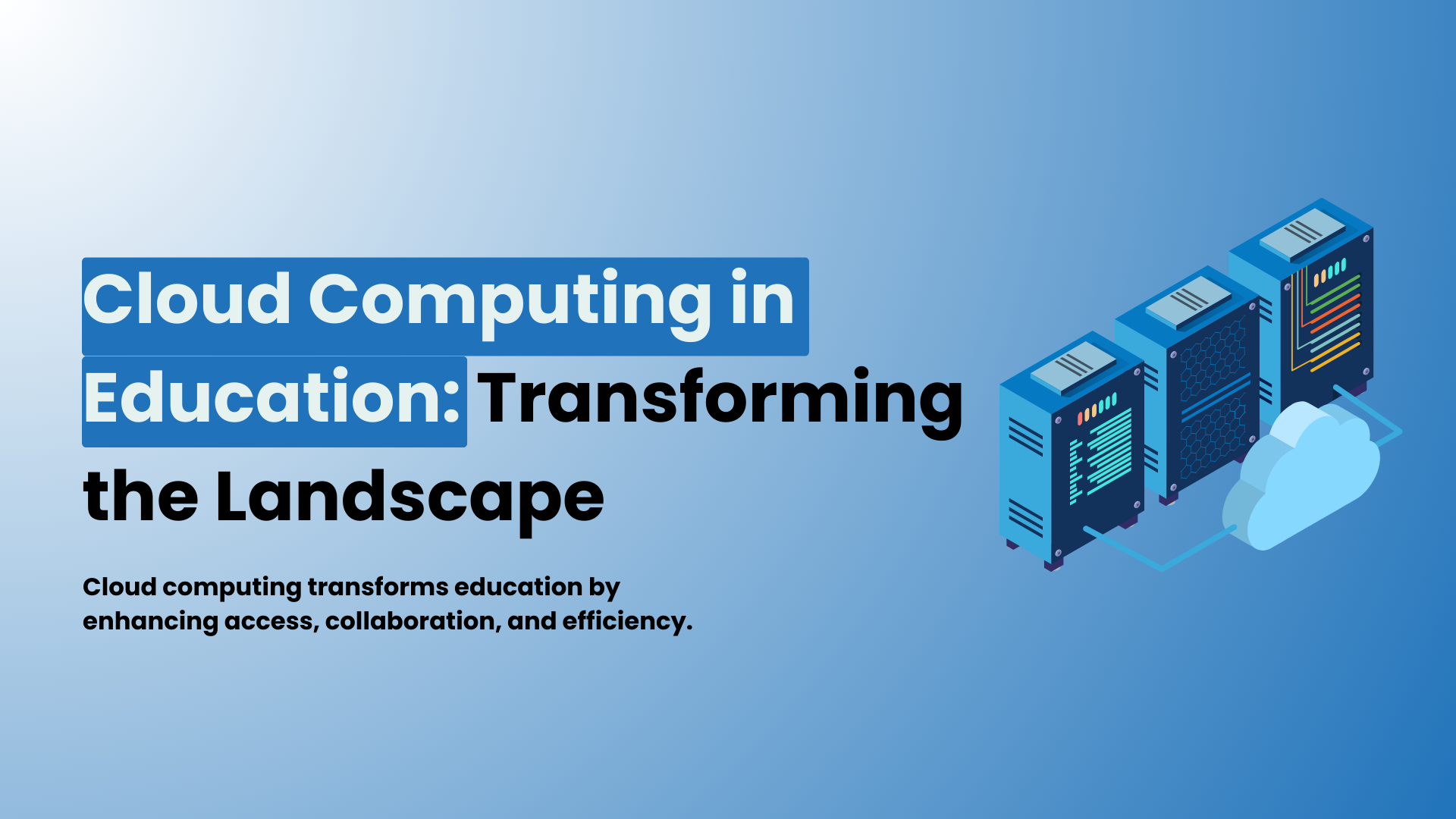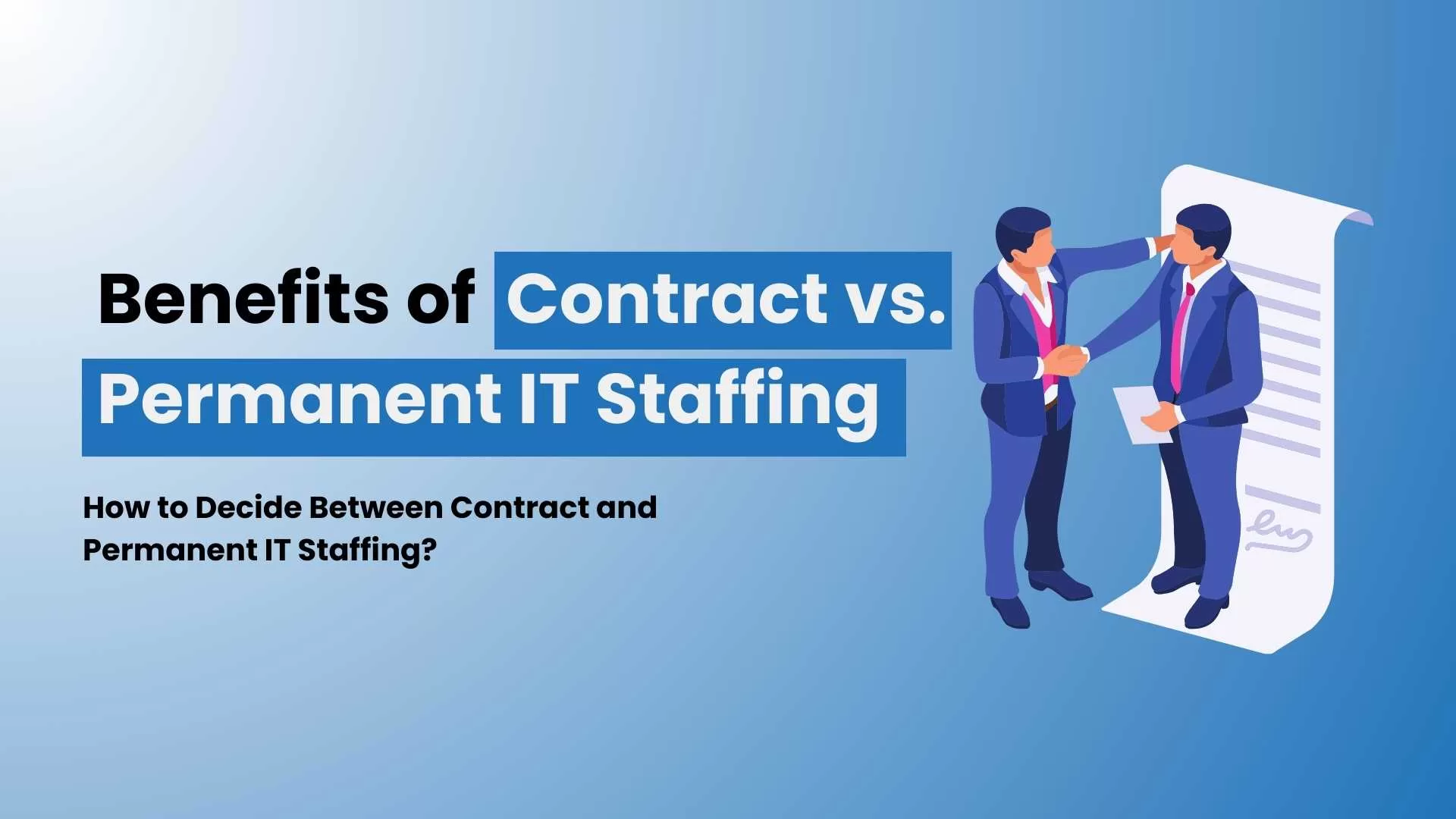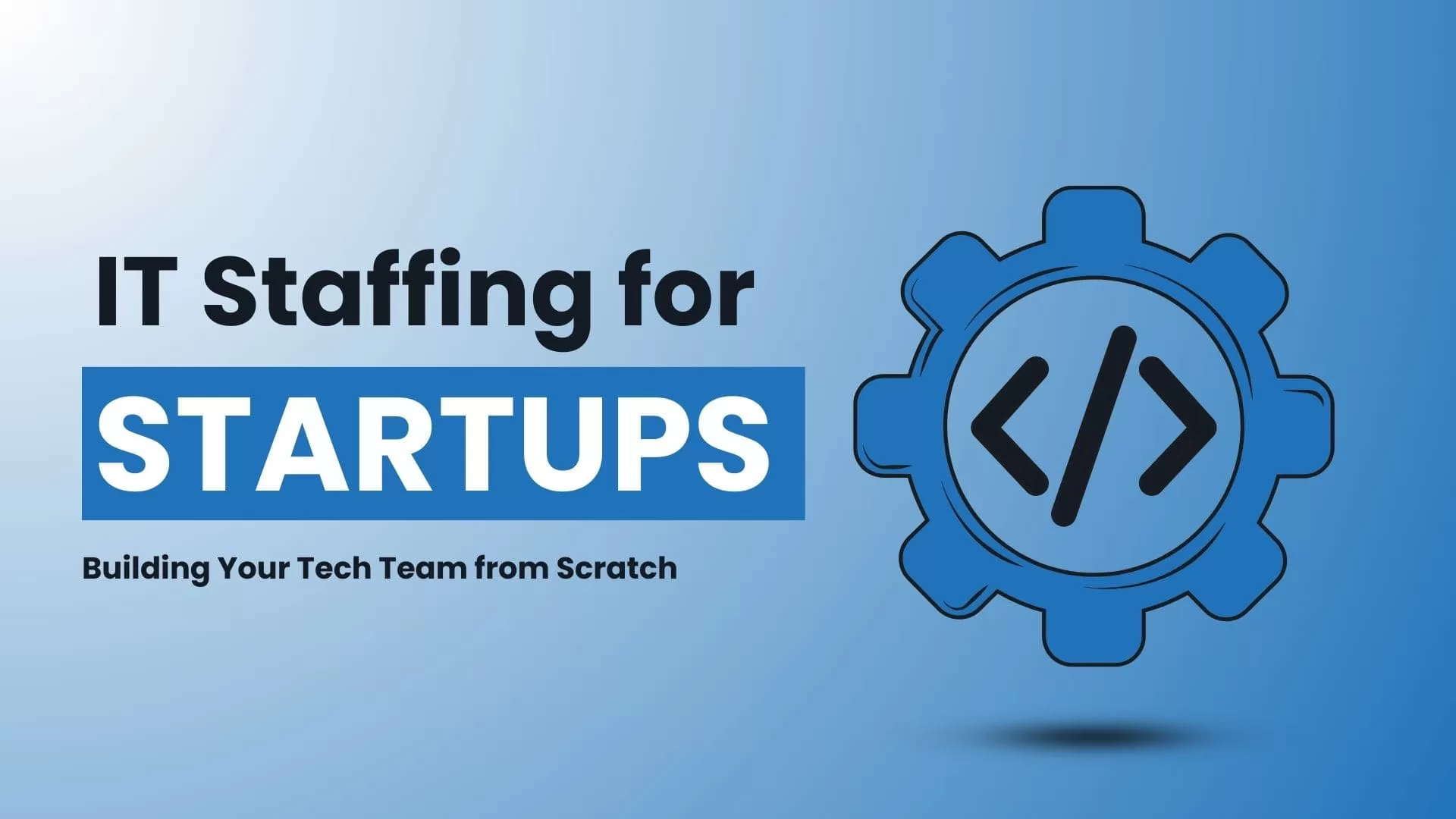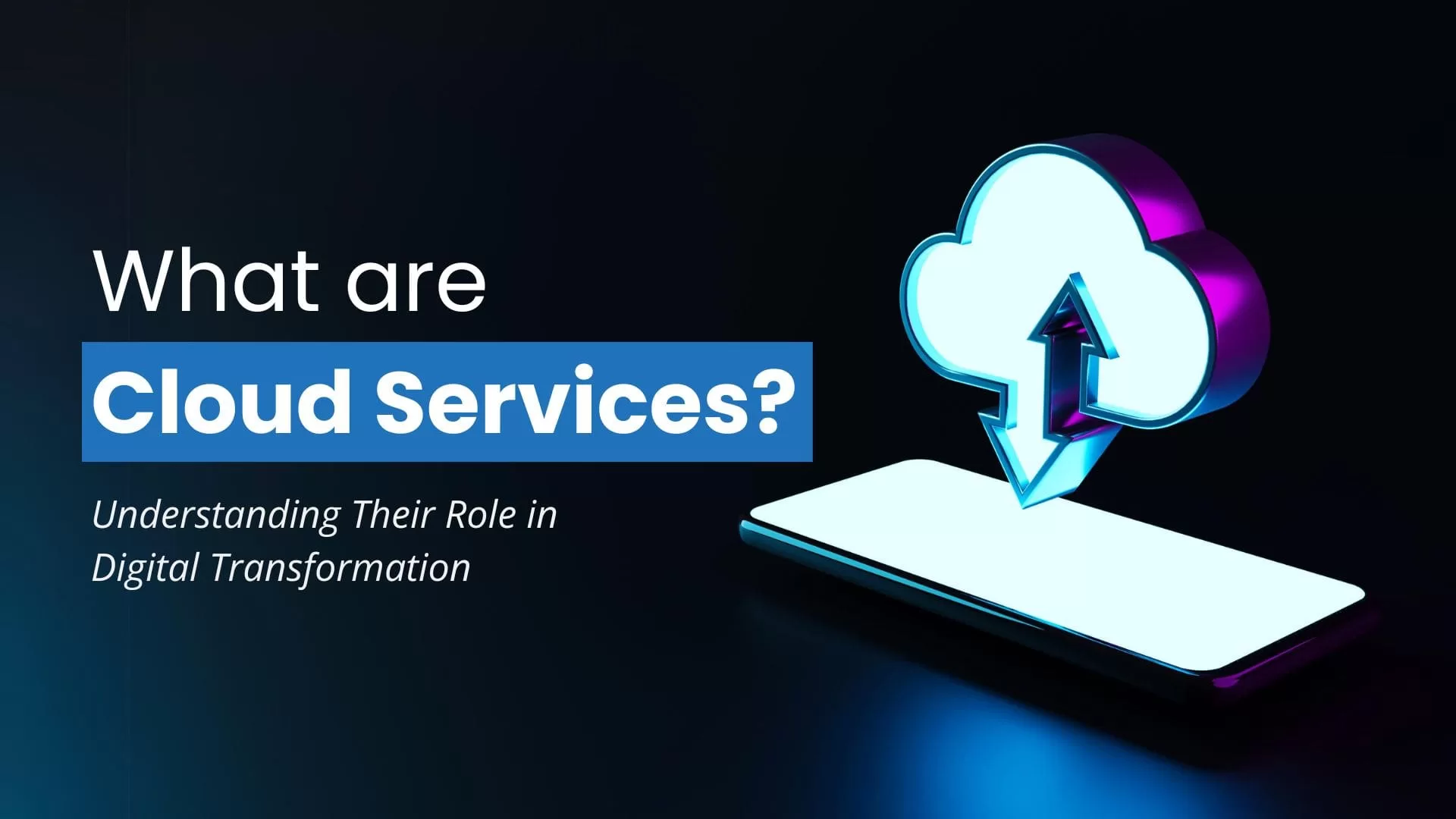In this fast-moving environment for telecommunication, gaining an edge no longer just means embracing the latest technologies but ensuring that one looks after the greatest assets: people. It’s not about filling job openings; it’s about developing a workforce that will grow your business and evolve along with rapidly changing technology. This white paper discusses how appropriate staffing strategies can fuel major expansion in any telecom business.
The Role of Staffing in Telecom Expansion
Telecom companies are leading technology businesses with challenges not found in any other industry. Because the problems faced by the industry are unique, special skills and innovative approaches to problem-solving will be required for the solution. The right team can literally make a difference between relevance or irrelevance in the market. This ranges from project managers to technical support, engineers, and IT specialists—every role needs strategic positioning in accomplishing or achieving company goals.
Understanding Your Staffing Needs
The development of effective staffing solutions will little matter if the business does not understand what specific needs it ought to be addressing. It involves an in-depth analysis of your current workforce and spot the deficiencies that may adversely affect your ability to grow. Consider the following:
Skill Gaps: Are there areas in which your present team lacks specialized skill sets?
Project Requirements: Are there upcoming projects that require specialized abilities which are not represented in your existing team?
Future Trends: What will be required of you to keep yourself relevant in the next 5-10 years?
Strategies for Smart Staffing Agency
With a transparent understanding of what your needs are, now you can start applying smart staffing strategies that will help fuel business growth, while, at the same time, enhancing operational efficiency.
Here are Some Approaches to Consider:
- Flexi-staffing models: Temporary contracts, freelancing, and part-time positions are some of the flexible staffing models that can be adopted. This would help in scaling the workforce up or down as per the requirements of the projects on hand, without being bogged down by long-term overheads.
- Specialized Recruitment: Invest in recruiting processes that target the exact set of skills needed by advanced telecom technologies, which could be related to 5G, IoT, or cybersecurity. This would involve specialized recruitment agencies or partnerships with educational institutions.
- Employee Development Programs: Offer a continuous learning environment by investing in training and development programs. Continuous training in the latest technological trends in the service updates your workforce to remain competent and competitive.
- Bring in Technology to Your Hiring: Apply advanced technologies in HR, AI, and machine learning to enhance the efficiency of your recruitment processes. This can help enhance the screening process while selecting candidates, define hiring success, and work towards employee retention.
Employee Retention: Keeping the Team Together
Retention of staff is critical to building an organization with a stable and dedicated workforce. Some key strategies towards keeping the team include competitive salary packages, proper working environment that can support, well-defined opportunities for growth, and regular recognition and rewards. All these will therefore make staff feel appreciated and will empower them to become more devoted. Job satisfaction will also increase the chances of reducing turnover, therefore securing that key skills and experience reside within any given organization.

Retention of employees ensures a stable and productive workforce with the avoidance of high-cost and disrupted turnover. Effective strategies to retain employees are underpinned by an appreciation of factors that motivate workers, often including competitive pay, strong benefit packages, and career advancement. Beyond the financial incentives, a positive and inclusive work culture is the most important factor in effective retention. It means creating an organizational climate in which individuals truly feel valued, listened to, and their work is considered important. It also means frequent feedback and recognition that further assures the employee of his or her worth towards the organization. In addition, flexibility in work arrangements and provision for better work-life balance can further enhance job satisfaction and loyalty. By applying these strategies, organizations will not only enhance their position to retain their teams but also to transform employees into dedicated ambassadors of the organization for a long time, which means the sustainability of an organization would be guaranteed.
Thus, retention is as important as recruitment. This reduces not only turnover costs but also its impact on customer satisfaction and continuity of service. Consider the following retention strategies:
- Competitive Compensation: Make your pay rate scale competitive in the industry, which will definitely help in attracting and retaining the best resources.
- Career Growth Opportunities: The possibility of clear career paths with promotion opportunities will motivate the employees towards performing better and growing with the company.
- Work-Life Balance: Support work-life balance by providing flexible working conditions to increase job satisfaction and gain more loyalty towards a job.
Case Studies: Real-World Success
Here are a couple of real-world examples where smart staffing strategies directly contributed to business growth in the telecom sector:
Case Study 1
One of the biggest telecommunication providers faced challenges related to the deployment of 5G technology across the country. In that case, a flexible staffing model empowered the hiring of temporary experts for some phases of the works, which helped the company to deliver on time and to budget.
Case Study 2
Another successful example has been that of a telecom company that successfully trained existing staff to work with new technologies. This was not only an enhanced service offering but on top of this, strongly motivated staff by way of better morale and higher retention rates.
Read more case studies here:
Global Staffing Considerations
Staffing strategies for globalized telecom companies should be variable in keeping with regional market conditions and regulatory environments. Effective international staffing only works if there is some knowledge of the local laws of employment, cultural cues, and economic conditions.
Now, let us delve deeper into the various aspects of smart staffing strategies for growing your business in the telecom sector. Detailed versions of these with actionable insights are given as follows:
1. In-Depth Analysis of Staffing Needs
Before the implementation of any strategies in staffing, a deep understanding of the current workforce capabilities and the future needs is required. Such an analysis shall involve:
- Competency Assessments: Periodic review of your team’s skills and competencies. This identifies the strengths and weaknesses within the team to understand the specific areas where training or new hiring needs to be done.
- Technology Adoption Readiness: Be aware of your team’s readiness for adopting new technologies. This shall include understanding their comfort level with change and the pace of learning new skills.
- Future-Proofing Your Workforce: Project future trends in the telecommunications industry, such as an increasing emphasis on AI and machine learning and next-generation wireless networks, and then prepare your workforce for it. This means strategic planning in terms of either training existing employees or bringing in fresh talent with these skills.
2. Advanced Staffing Models
Enhancing your staffing models to meet the dynamicity of the telecom industry will incorporate several strategic initiatives:
- Project-Based Teams: Organize dynamic teams who are capable of joining very fast for concrete projects and combine permanent staff with contract specialists. This model gives a lot of flexibility and reduces idle time between projects.
- Telecommute and Global Talent: Utilize telecommuting and remote working technologies to access global talent. This may resolve a critical skill gap and provide 24×7 service to all global customers.
- Internship and Apprenticeship Programs: Build relationships with local colleges and technical schools to bring in fresh talent. This will pay off in time as the interns can fill future full-time positions, and the students gain practical application of their theoretical knowledge.
3. Enhanced Recruitment Techniques
To recruit the right talent for all of your key high-tech jobs, look at the following, more-targeted approaches:
- Niche Job Boards and Forums: Publish open positions in specialized job boards that only reach professionals working within the boundaries of the telecom and tech industries.
- Social Media Targeting: Sponsor targeted ads on LinkedIn and other platforms, covering specifically by title, skill, or interest in telecom technologies.
- Recruitment Analytics: Be informed about the effectiveness of the various channels and approaches used in recruitment through analytics, and adjust your strategy accordingly to data-driven insights.
4. Comprehensive Employee Development
Development of your existing workforce is as crucial as bringing in fresh blood. Focus on the following:
- Certification Programs: Sponsor certification courses for your employees in areas like Network Security, Cloud Solutions, or Wireless technology.
- Leadership Development Tracks: Career growth paths should be well-defined, more so for high performers, and to nurture future leaders from within the organization itself.
- Cross-Functional Training: Enable staff to receive training in all areas of the telecommunication business, except their area of operation. This enhances flexibility and ability in the operations of the company.
5. Robust Employee Retention Programs
Staff retention is not all about attractive salary packages. Some of the programs that could be implemented are:
- Employee Engagement Programs: Team-building exercises and activities, forum discussions, and company-sponsored programs can increase employee participation and brand loyalty.
- Performance Rewards: Implement a well-defined and transparent reward policy in which good work is recognized and rewarded in a fair and timely manner.
6. Global Staffing Strategy Adaptation
When operating internationally, customize your staffing strategies to fit local markets:
- Cultural Training: Provide cultural sensitivity training to ensure employees can effectively interact and collaborate across borders.
- Legal Compliance: Stay updated on employment laws and regulations in each country to avoid legal issues and ensure a fair working environment.
Your staffing strategies need to keep pace with the growing and evolving needs of the telecom industry. In smart staffing solutions that insist on flexibility, specialized skills, and employee retention lies your ability to meet today’s challenges and future-proof your business.
At Indovision, we are your dedicated partner in the world of IT services. With strong focusses on IT infrastructure management, software solutions, and talent acquisition, among many more services, our basic mission is to reformat and smoothen your business processes into huge time and cost efficiencies. For that matter, we are more than an IT Services Provider but a dedicated partner. Our industry partnerships, 24/7 support, and transparent pricing ensure that you always get the best value for money.
Is your telecom business ready to shift gear in the arena of staffing strategies? Run a staffing audit today and spot areas of improvement to outline a plan keeping pace with the long-term business goals. With the right team on board, there are no limits to the kind of things that may be achieved.
FAQs
What is smart staffing in the context of the telecom industry?
Smart staffing refers to strategic approaches to hiring, training, and retaining employees that align with the dynamic needs of the telecom industry, focusing on flexibility, specialization, and scalability.
What staffing services does Indovision offer?
Indovision provides a range of staffing solutions including temporary staffing, permanent placement, executive search, and outsourced employment services. We specialize in various industries such as IT, healthcare, finance, and engineering.
What are flexible staffing models, and why are they important for telecom businesses?
Flexible staffing models include using temporary contracts, freelancers, and part-time workers. These models allow telecom companies to adjust their workforce based on project demands and market conditions without the overhead of permanent hires.
Can you explain the importance of specialized recruitment in telecom?
Specialized recruitment focuses on targeting candidates with specific advanced skills, such as 5G technology, cybersecurity, or IoT, which are crucial for deploying new technologies and services in the telecom sector.
What is the process for initiating a project with Indovision?
Initiating a project with Indovision Services starts with a consultation to understand your needs, followed by a detailed assessment of your current IT infrastructure. We then propose a tailored solution that aligns with your business goals. Upon agreement, our team will embark on the implementation phase, ensuring seamless integration and minimal disruption to your operations. Regular updates and feedback sessions will be held to keep you informed of progress.
How does technology improve the hiring process in telecom?
Technologies like AI and machine learning can with dedicated human monitoring enhance the hiring process by automating candidate screening, improving the accuracy of skill assessments, and optimizing recruitment strategies based on data-driven insights.
What makes Indovision different from other staffing agencies?
Our commitment to understanding client-specific needs and our focus on building long-term relationships set us apart. We tailor our staffing solutions to not only meet the immediate needs of our clients but also support their long-term business goals.
Why is employee retention as important as recruitment in the telecom industry?
High employee retention rates reduce turnover costs, maintain continuity in service and project management, and ensure accumulated knowledge and expertise stay within the company.
How do global telecom companies manage staffing across different countries?
Global companies adapt their staffing strategies to local market conditions, regulations, and cultural nuances. This might involve local hiring, providing cultural training to staff, and ensuring compliance with local labor laws.
How can a company start working with Indovision for its staffing needs?
Companies interested in partnering with Indovision can reach out via our website, phone, or email. An initial consultation will be scheduled to discuss your specific staffing requirements and how we can best assist you.
Also you can contact us via below contact us form
About author



